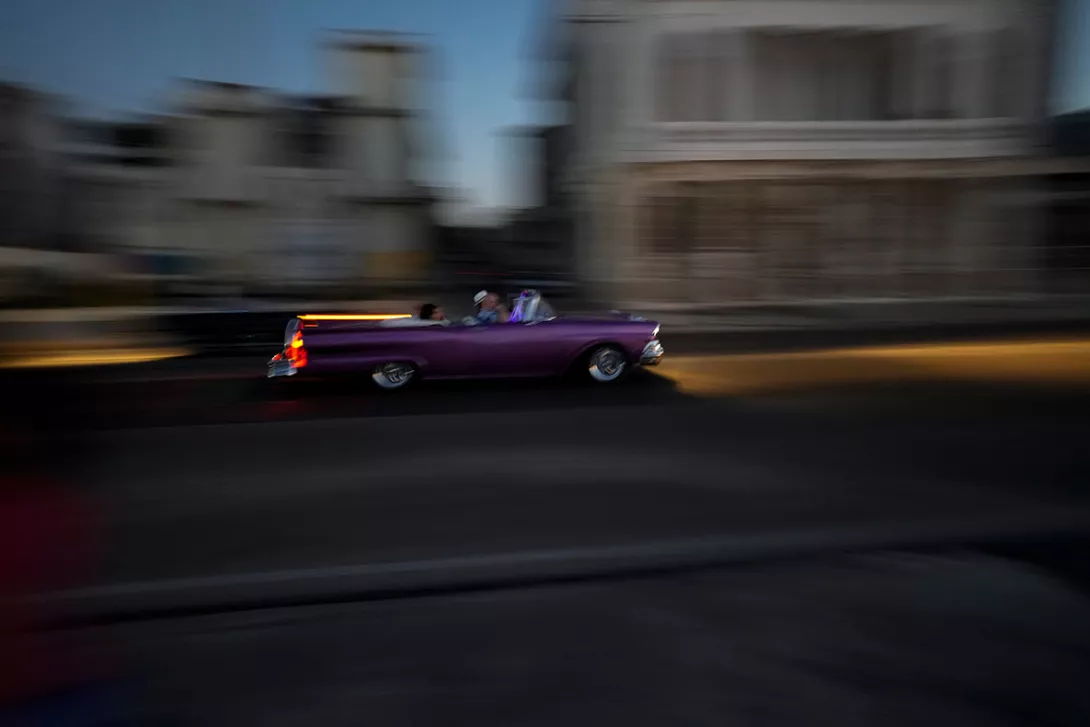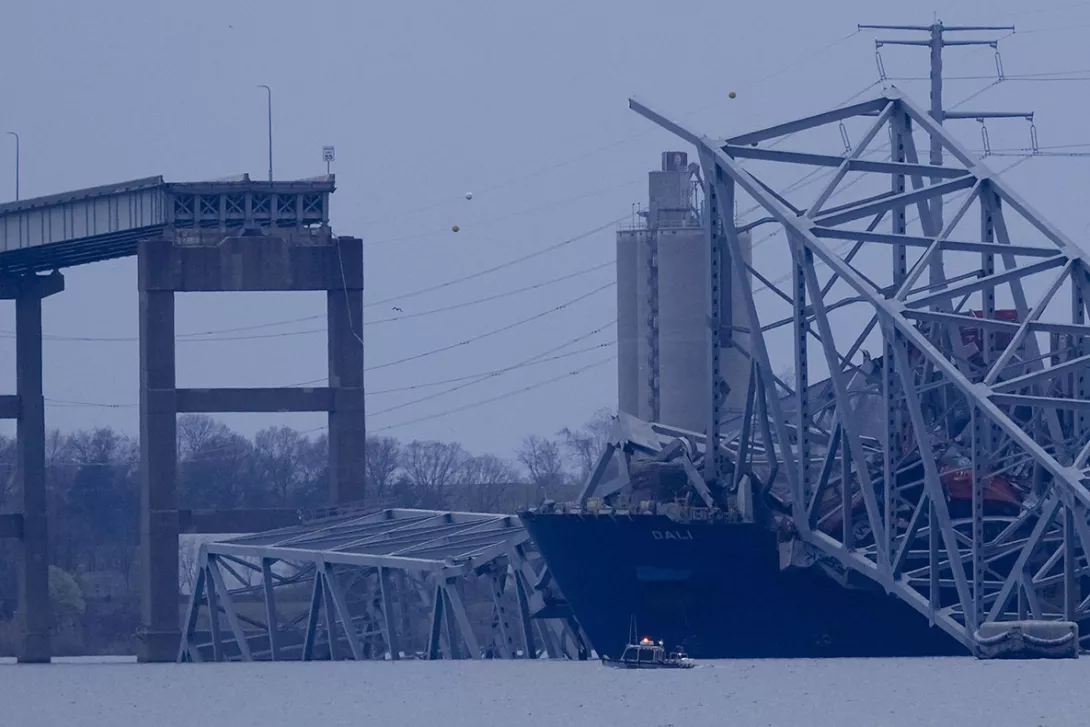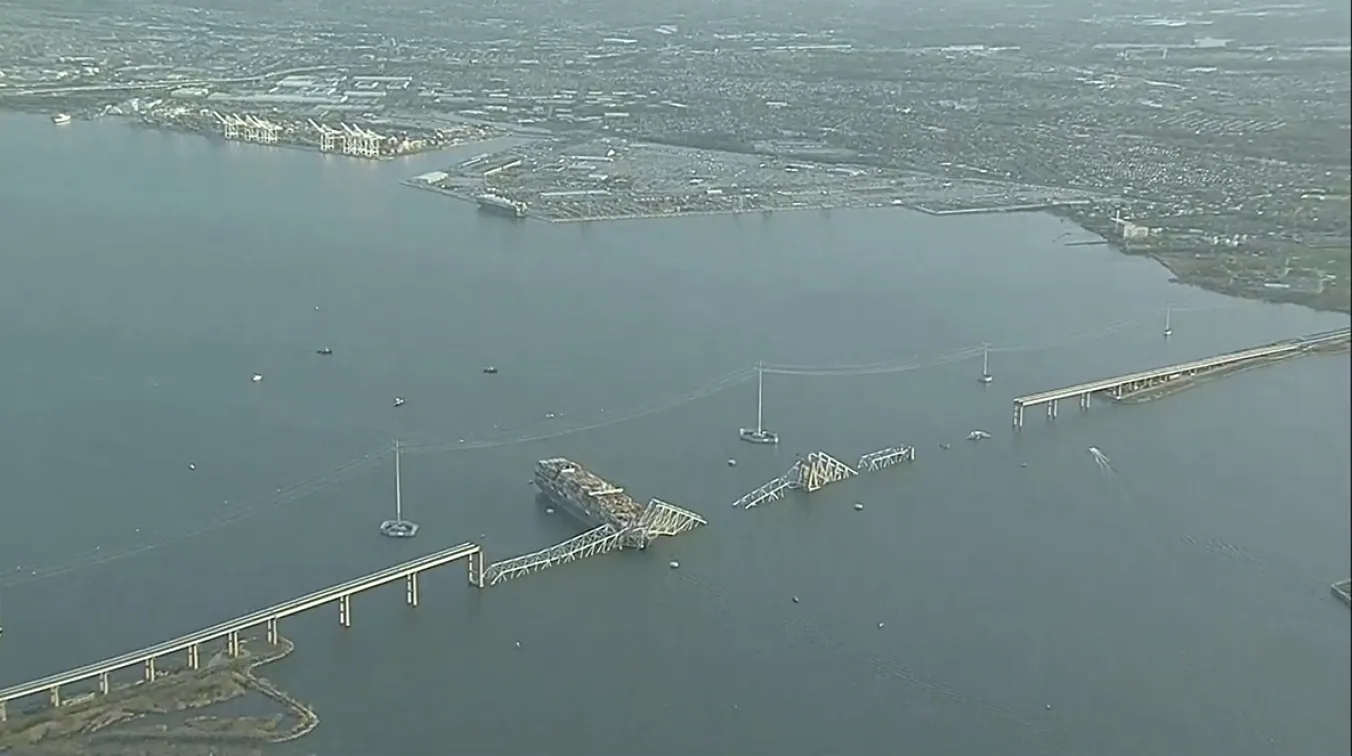The US Republican administration has wasted no time in tightening the economic vice on the Caribbean island, with State Department officials making it clear that the aggression is only just beginning, writes NATASHA HICKMAN
Baltimore bridge collapse: how exploitation caved in on itself and led to worker deaths
As the coast guard ends its search for six missing construction workers, the US laments the preventable deaths, writes NATALIA MARQUES

ON the night of Tuesday March 26, the United States Coast Guard announced that it had stopped its search for six workers who went missing when a massive Maersk cargo ship collided with the Francis Scott Key Bridge in Baltimore.
In addition to the six workers that have not been found, two bodies were found in a submerged pick-up truck on the Wednesday morning, presumed victims of the bridge collapse.
The Francis Scott Key Bridge collapsed into the Baltimore harbour in the early hours of Tuesday morning after being struck by a 985-foot-long cargo vessel.
More from this author

ROS SITWELL reports from a conference held in light of the closure of the Gender Identity and Development Service for children and young people, which explored what went wrong at the service and the evidence base for care

ROS SITWELL reports from the three-day FiLiA conference in Glasgow
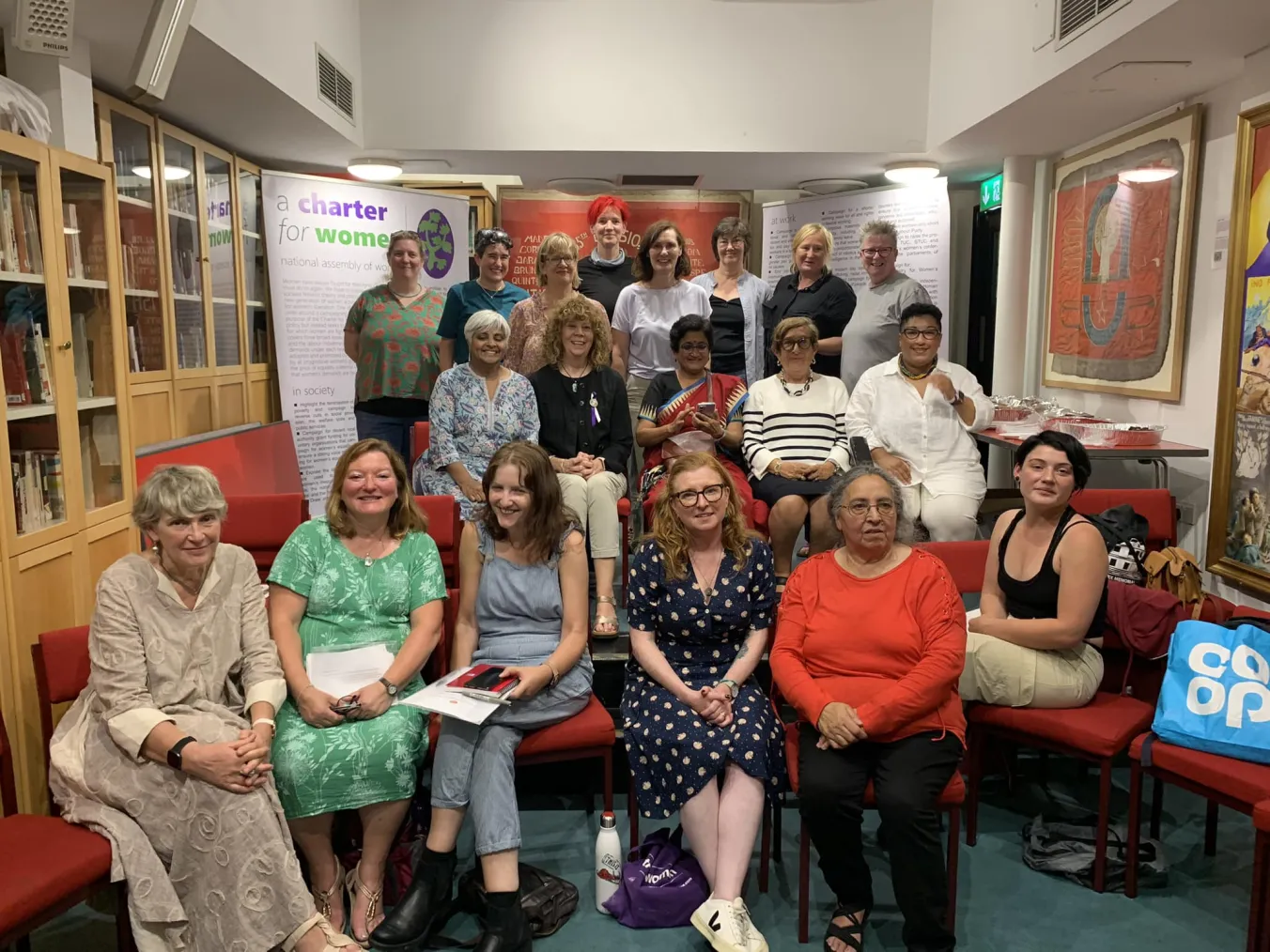
ROS SITWELL reports on a communist-initiated event aimed at building unity amid a revived women’s movement

London conference hears women speak out on the consequences of self-ID in sport
Similar stories
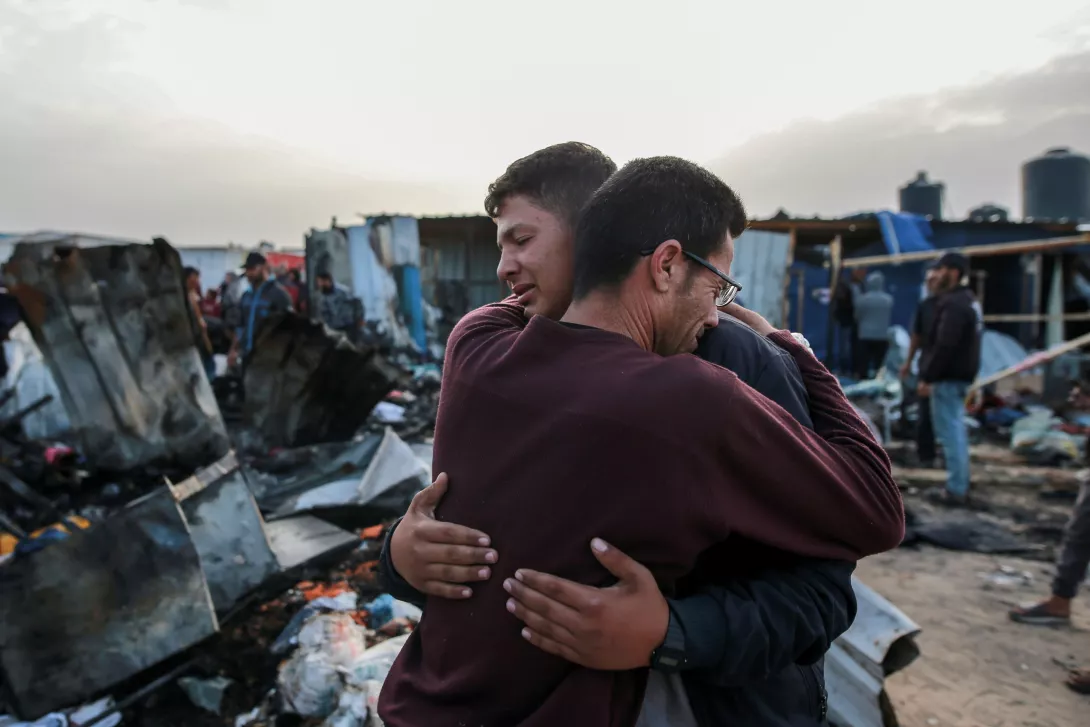
The US conference concluded with a commitment to intensify ending the genocide in Gaza and igniting a summer of struggle for Palestine, writes NATALIA MARQUES


 Latest editorial
Latest editorial
